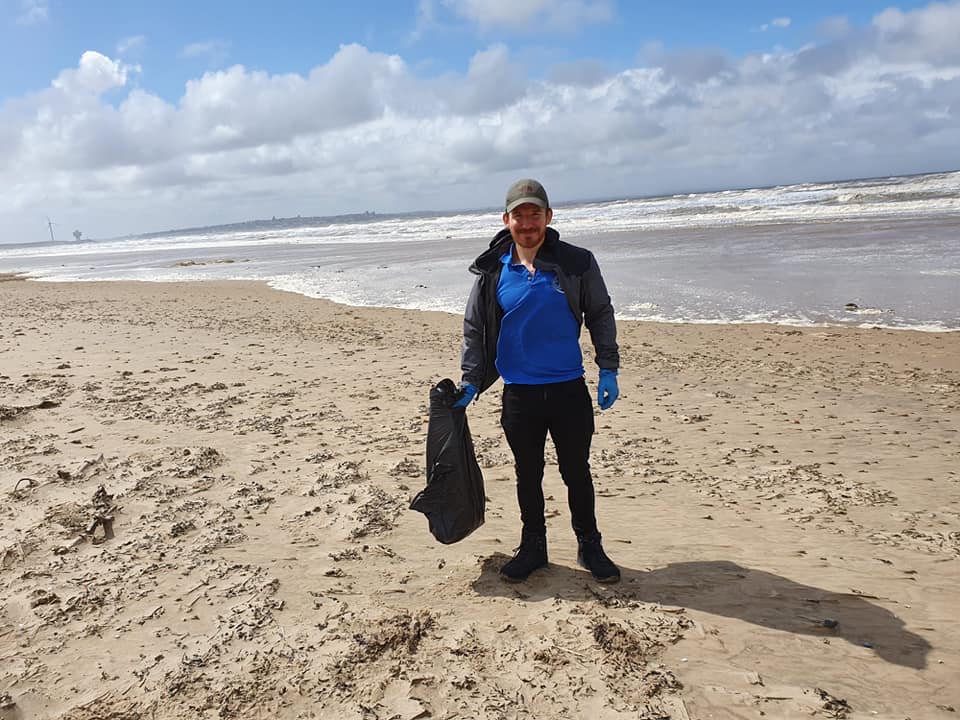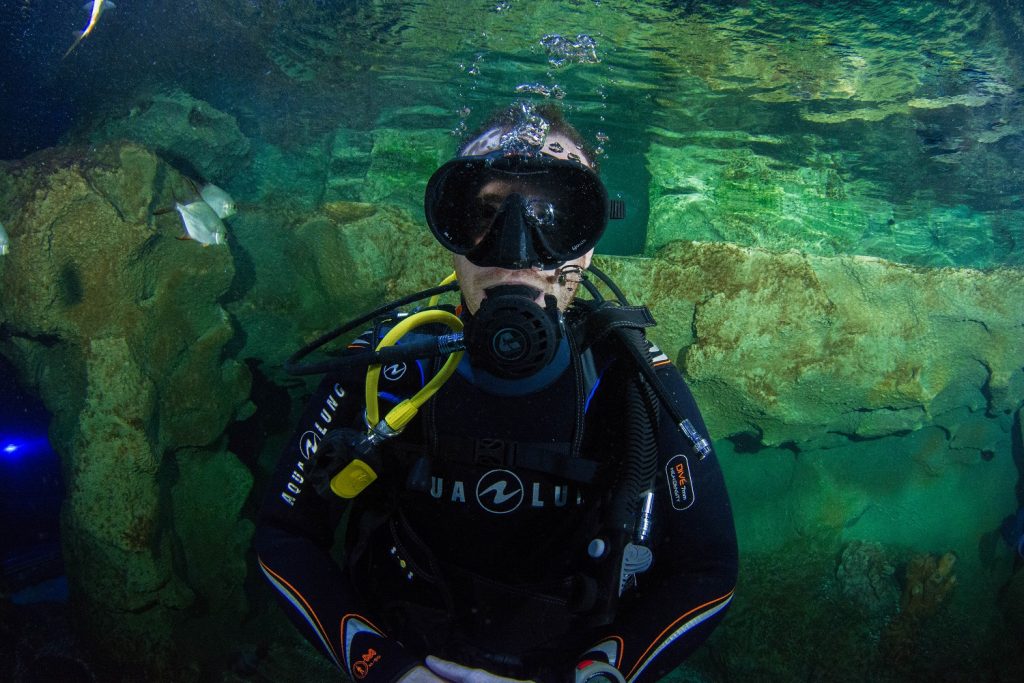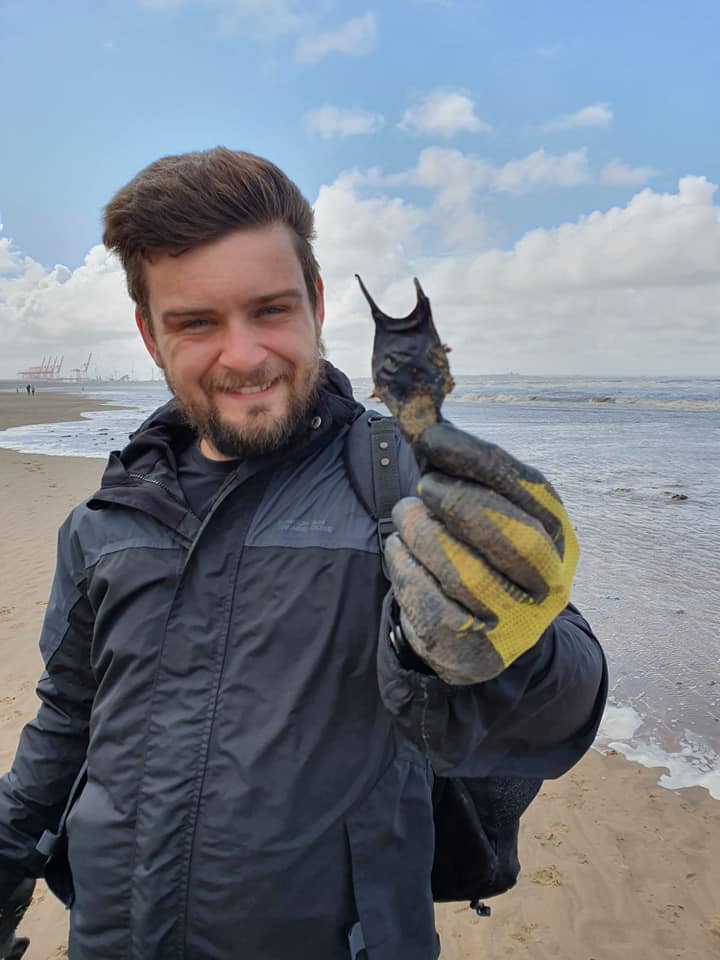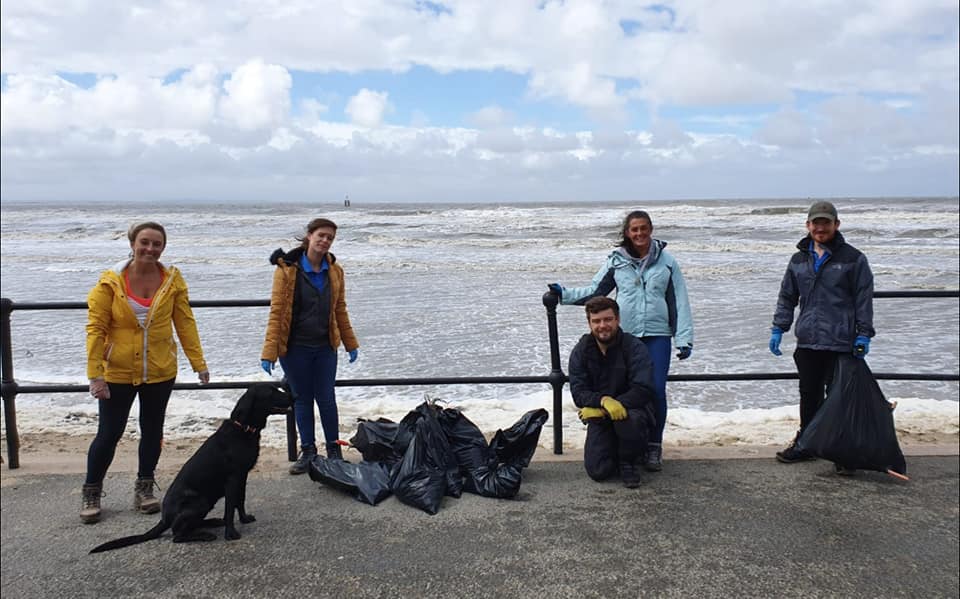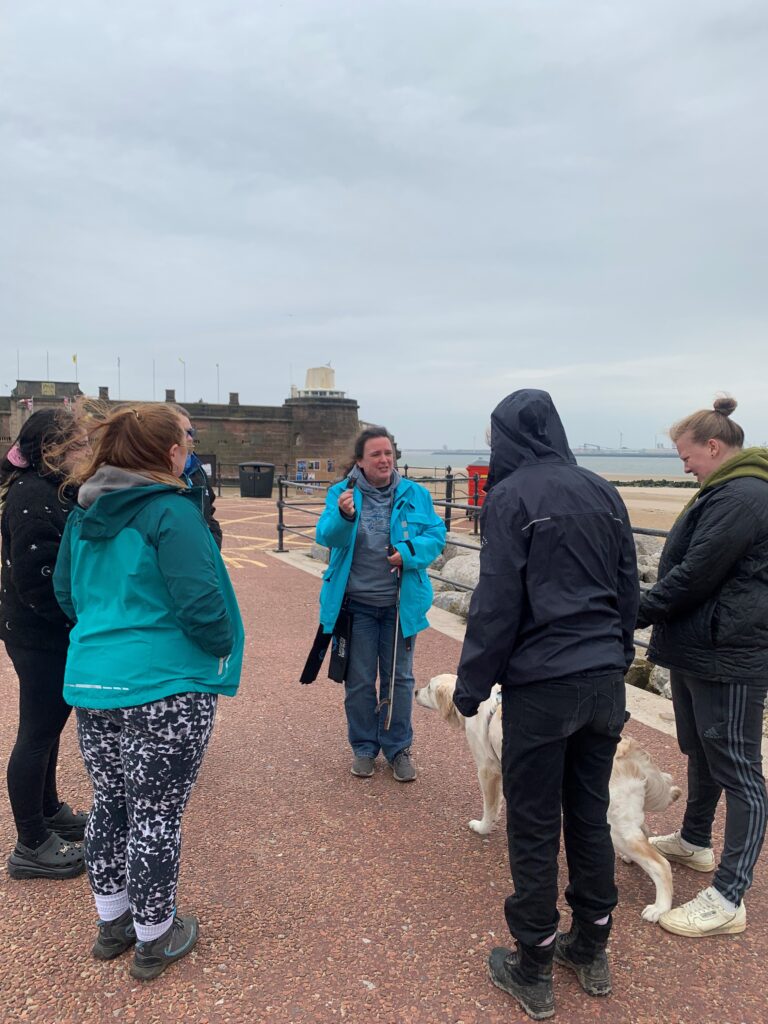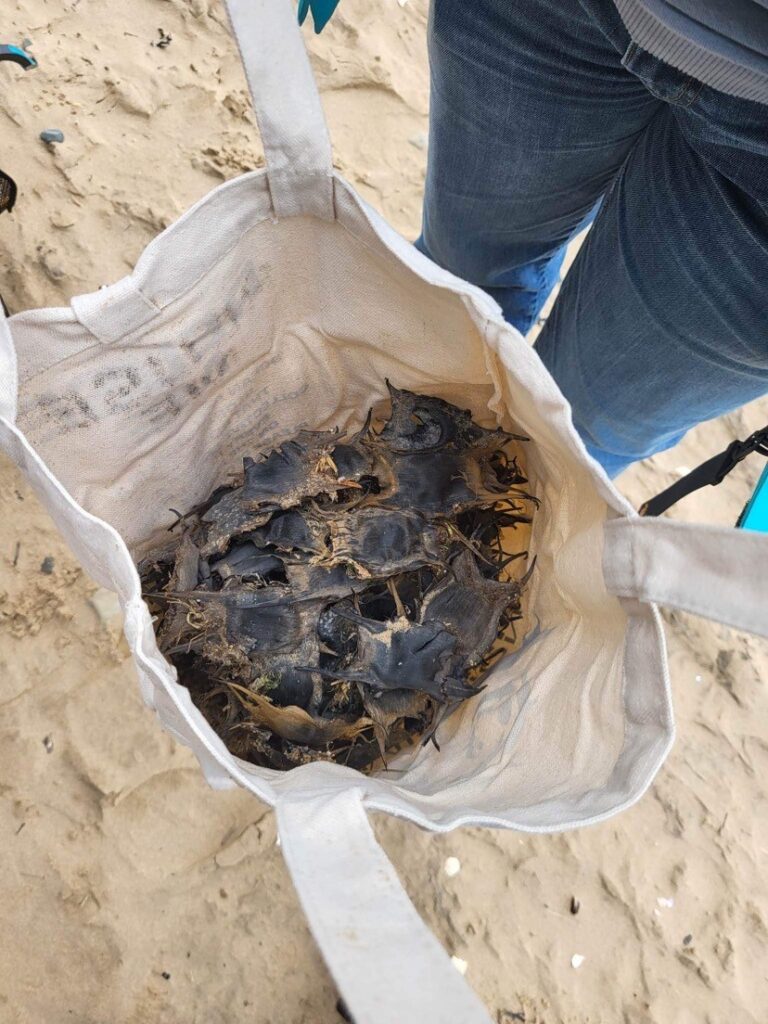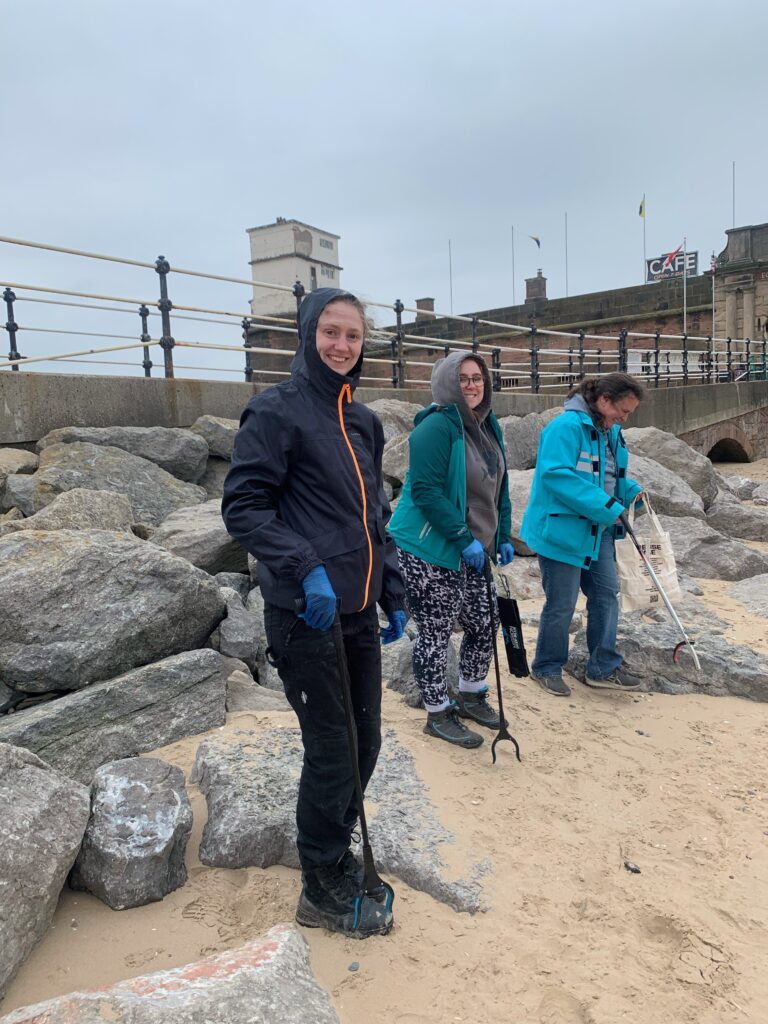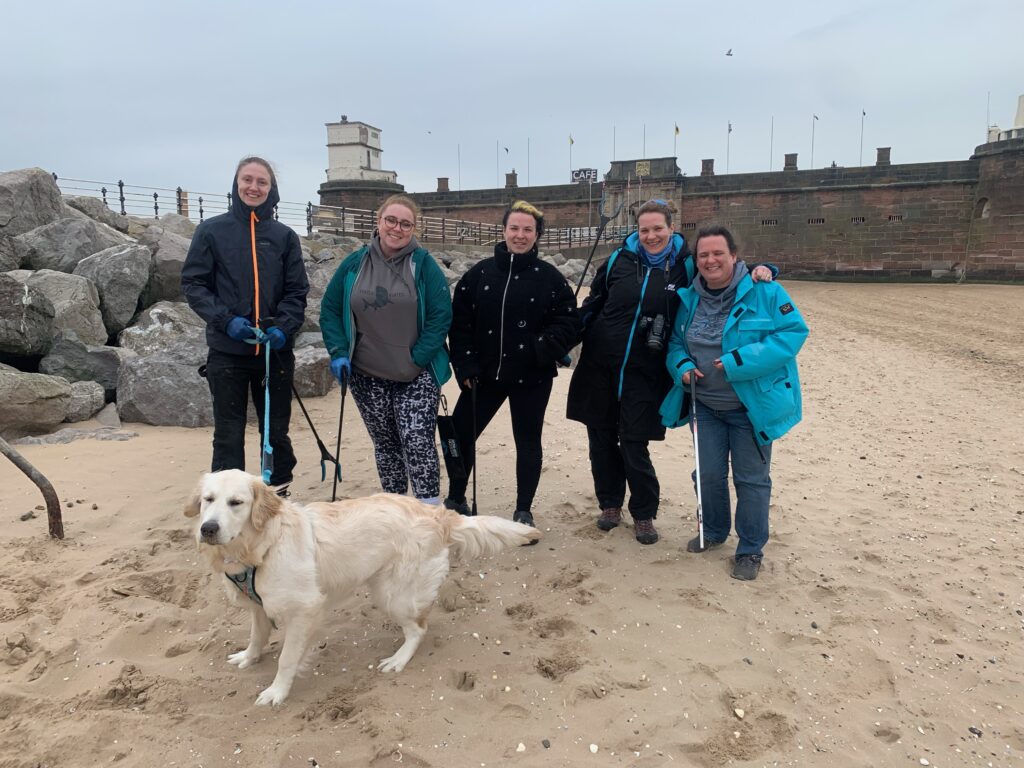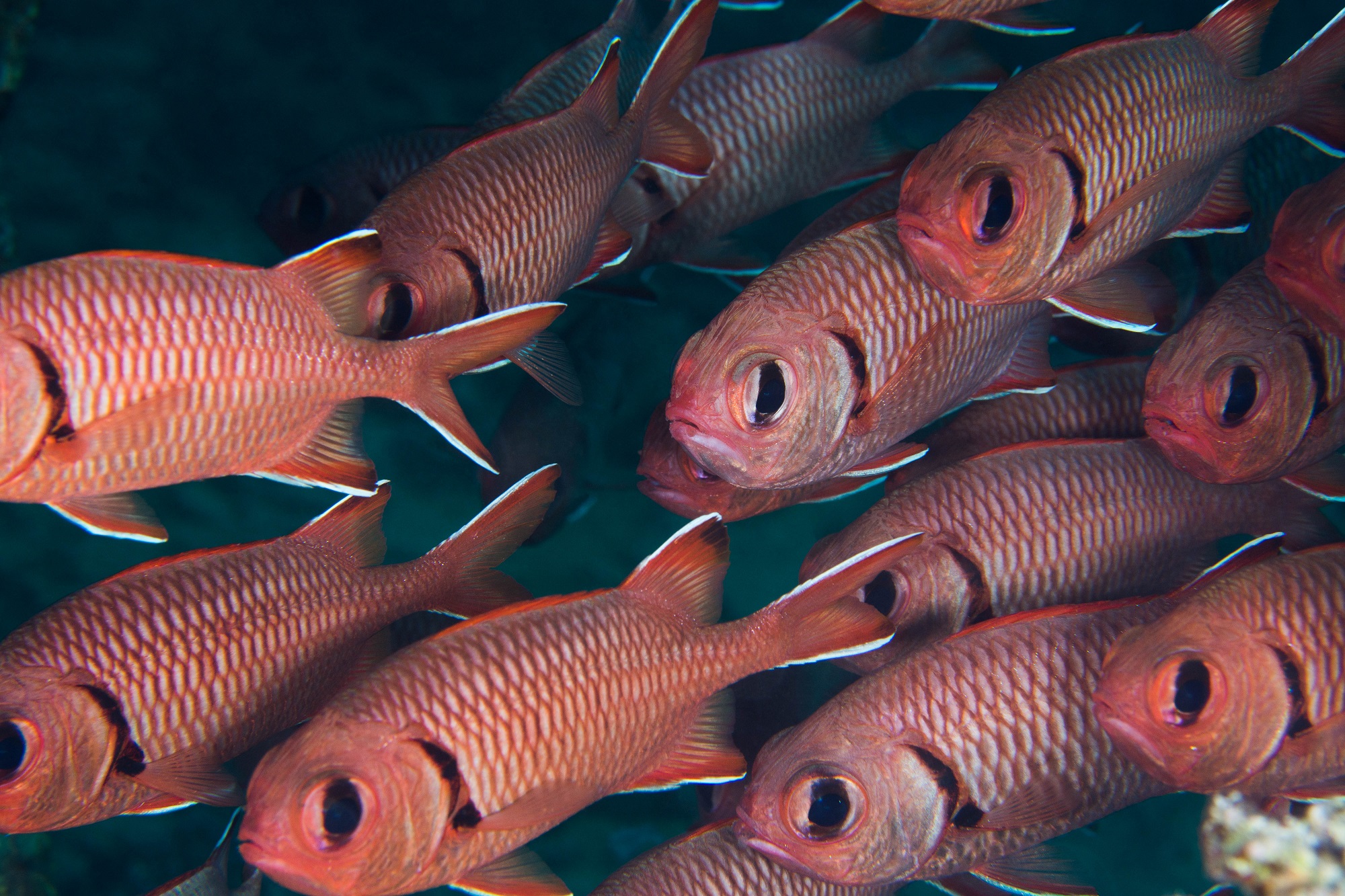
There is a growing need to preserve our world’s waters and the animals that call them home. Here at Blue Planet Aquarium we are passionate about conservation and want to ensure that our magnificent animals are protected for future generations.
Why is conservation important?
Bodies of water cover over 70% of the Earth’s surface, including oceans, lakes and rivers, and it’s becoming more apparent how humans can impact this precious ecosystems. There are many variations of human activity can that disturb these ecosystems and its inhabitants, including chemical, light, noise and of course, plastic pollution.
The conservation of these waters is essential for the likes of biodiversity and the survival of a huge number of species. The loss of species or the disrupting of natural environments can have a huge effect on our planet. By actively trying to keep our oceans, rivers and lakes clean, it can pave the way for a brighter future, allowing habitats to flourish and protecting our world’s creatures from disappearing.
The impact of ocean pollution
Scientists predict that by 2050, all the plastic in our world’s oceans will outweigh the fish. As well as plastic pollution, the likes of global warming means that the sea levels are rising, resulting in reduced salinity, as well as the increasing acidification of the oceans which is caused by a higher level of carbon dioxide and therefore less oxygen in the water.
There are now floating garbage patches in our world’s oceans, such as the Great Pacific Garbage Patch which collects due to the currents. Plastic is causing a huge issue for our world’s species, whether it’s sea turtles getting stuck in discarded fishing nets or whales being found with plastic in their stomachs. Research has also shown that plastic fibres have even been found in corals, with corals actually choosing to eat plastic over food which could have a detrimental impact on their future.
How Blue Planet Aquarium is doing its bit
Here at Blue Planet Aquarium, we work tirelessly to ensure our animals are protected for future generations. We have many different endangered species here, which we showcase to help raise awareness of why they are so important and why it’s critical to look after our oceans and other water environments.
Each of our exhibits are carefully curated to replicate the species’ natural habitats, allowing them to feel at home while ensuring the future of many of our world’s threatened species.
Charities we work with
-

Bite-Back
Working hand in hand with Bite-Back, leading UK charity dedicated to shark and marine conservation. Bite-Back’s goal is to combat the overfishing and overconsumption of wild marine life.
-

Bumblebee Conservation Trust
We have joined Bumblebee Conservation Trust with our Nature Walk. Aiming to support local eco systems and share tips to protect local inhabitants.
-

The Shark Trust
We work with The Shark Trust to improve the conservation status of sharks, skates and rays.
-

Working for Wildlife
Working for Wildlife have a huge passion for the natural world. Every year they raise millions of pounds through fundraising throughout the UK.
Beach cleans with Blue Planet Aquarium
Our location in Ellesmere Port puts us in close proximity to both the River Mersey and River Dee, which flow out into the Irish Sea that eventually joins the Atlantic Ocean. With that being said, it’s crucial that we look after our local beaches to avoid litter and other debris from ending up in the water.
We are very active in beach cleans in the local area, dedicated to removing litter and other rubbish from our coastlines.
We are always keen to enlist the help of the wider community to join us on our beach cleans. Email us at info@blueplanetaquarium.co.uk to find out when our next beach clean will be!
